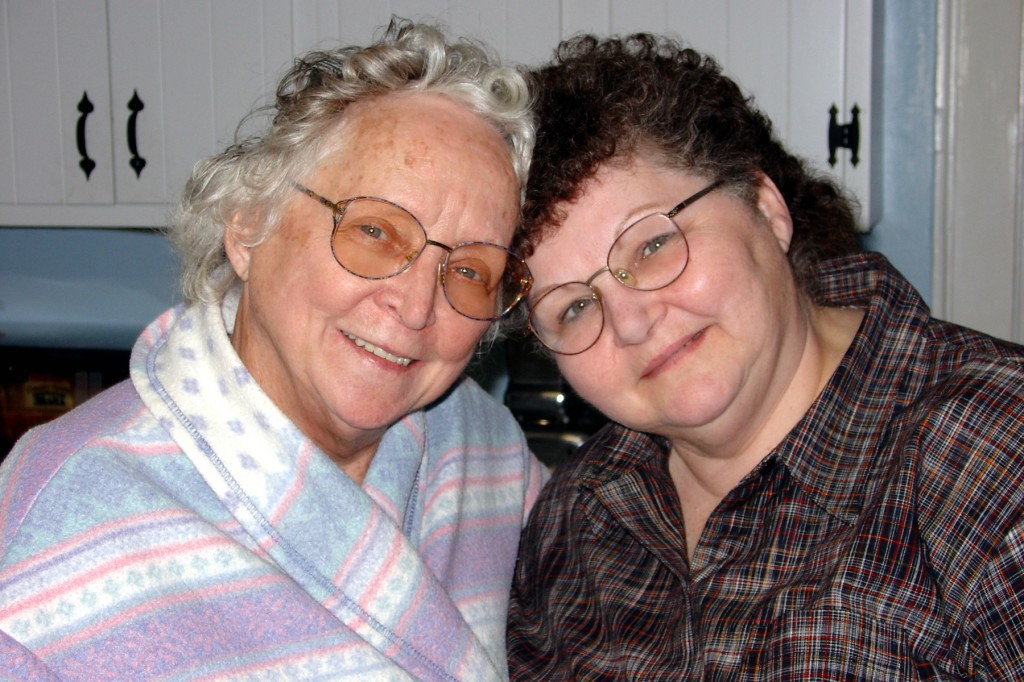When Someone Dies

Whether it is expected, or whether it is not, the list of things to do when someone dies can be overwhelming. Perhaps even more overwhelming is understanding the rules and regulations that manage the disposition of the body and the management of the deceased’s financial affairs.
WHAT DO YOU DO NEXT?
MAKE ARRANGEMENTS FOR THE BODY
DEATH LOCATION
- Home: DNPR
- Hospital
- Nursing home
- Senior Center
- Other US Location
- In Another COUNTRY
DIED WITH A PLAN FOR HIS BODY
- who is in charge of body
WHO WILL PAY FOR THE FUNERAL
- Pay On Death
- Funeral Insurance
- Medicare Spend Down
- Reimbursed by the estate
- Organ Donation. DNA
- funeral arrangements:
- how to dispose body
- where to dispose of body
FORMS:
- Death Registration Form
ORDER CERTIFIED DEATH CERTIFICATES
- death certificate worksheet
- apply for estate tax ID -EIN
- MANAGE FINANCIAL AFFAIRS
DIED WITH A WILL, DIED WITH A TRUST, DIED WITHOUT A PLAN
REPORT DEATH
- SOCIAL SECURITY ADMINISTRATION
- EMPLOYER
- Miltary
- Federal Government
- State Government
BUSINESS
- CREDIT BUREAUS
- Equifax
- TransUnion
- Experian
- Government
FORM: see grave robbers
CANCEL IDENTITY DOCUMENTS
- passport
- drivers licene
- state id card
- voter registration card
FORMS: see graverobbers
CLAIM DEATH BENEFITS
- Social Security
- Military
- Wrongful Death
MAKE AN INVENTORY OF ESTATE
what you own
- Titled Assets
- Beneficiary Assets
- Custodial Assets
- ON LINE TOOLS
- Ecom Assets
- Personal Effects
- Digital Assets
WHAT YOU OWE
- Unsecured Debt
- Credit Cards
- Student Loans
- Alimony
- Child Support
INCOME SOURCES
- Social Security
- Military Retirement
- Government Retirement
- Company Retirement
PROBATE
FILE TAX RETURNS
APPOINT A GUARDIAN FOR MINOR CHILDREN
It’s not an easy task. It is a job where state laws determine what paperwork and procedures are required and who has the authority to initiate the paperwork. It is not a job we are taught to perform in school, but a job most of us will do when our parents or our spouse die.
These resources can help the estate representative and family members identify what must be done when someone dies:TAKE C
- Take care of the body
- stop Identity Theft
- die with a plan: will, trust, no plan
- Inventory the estate
- report a death
- Probate
- Taxes
- Appoint a guardian for minor children

Father is deceased. Mother does not have a will. Mother owns several properties and has a savings and checking account. Sister is POA and has her name on checking and savings account,
What happens when Mother passes away and what would the proper procedures be?
Per your comment:
1. Your mother does not have a will.
2. Your mother completed a durable power of attorney form and named your sister as her financial agent.
3. Your sister has notified the banks she is the financial agent and has the legal authority to write checks and deposit income into the checking and savings accounts.
4. When your mother dies, your sister no longer has control of the checking and savings account per the DPOA. The powers granted your sister in the DPOA stops when your mother dies.
5. Since your mother does not have a will, she is considered to have died intestate. If your sister is listed as a joint tenant on the checking and savings accounts, your sister will automatically inherit the checking and savings accounts. If your sister is not listed as a joint tenant on the checking and savings account , the checking and savings accounts will be probate assets and distributed to the beneficiaries per state intestate rules. Is your mother the only owner listed on the real estate deeds? If so, state intestate laws will determine who inherits the real property.
If your father had a will, the terms of the will dictate what you can inherit. If he did not, according to Mississippi law, his wife and his children would split the estate. However, depending on the title for the car and other things that they signed for together, it depends on the wording of the ownership rights on that title. If you’ve contacted his wife and can’t work things out with her, the best thing for you to do is to contact a Mississippi attorney and get some legal advice.
What happens if you live in another city and can’t go to pick up his belongings
My mother’s husband passed a couple of months before my mother. Her will said that I was in charge of all of her assets. I didn’t see his will. His daughters names are on my moms and his savings accounts for convenience. They did not tell me about savings.
Since her will stayed that I am in charge of her assets and I am legally the executor, do I have a right to some of the savings?